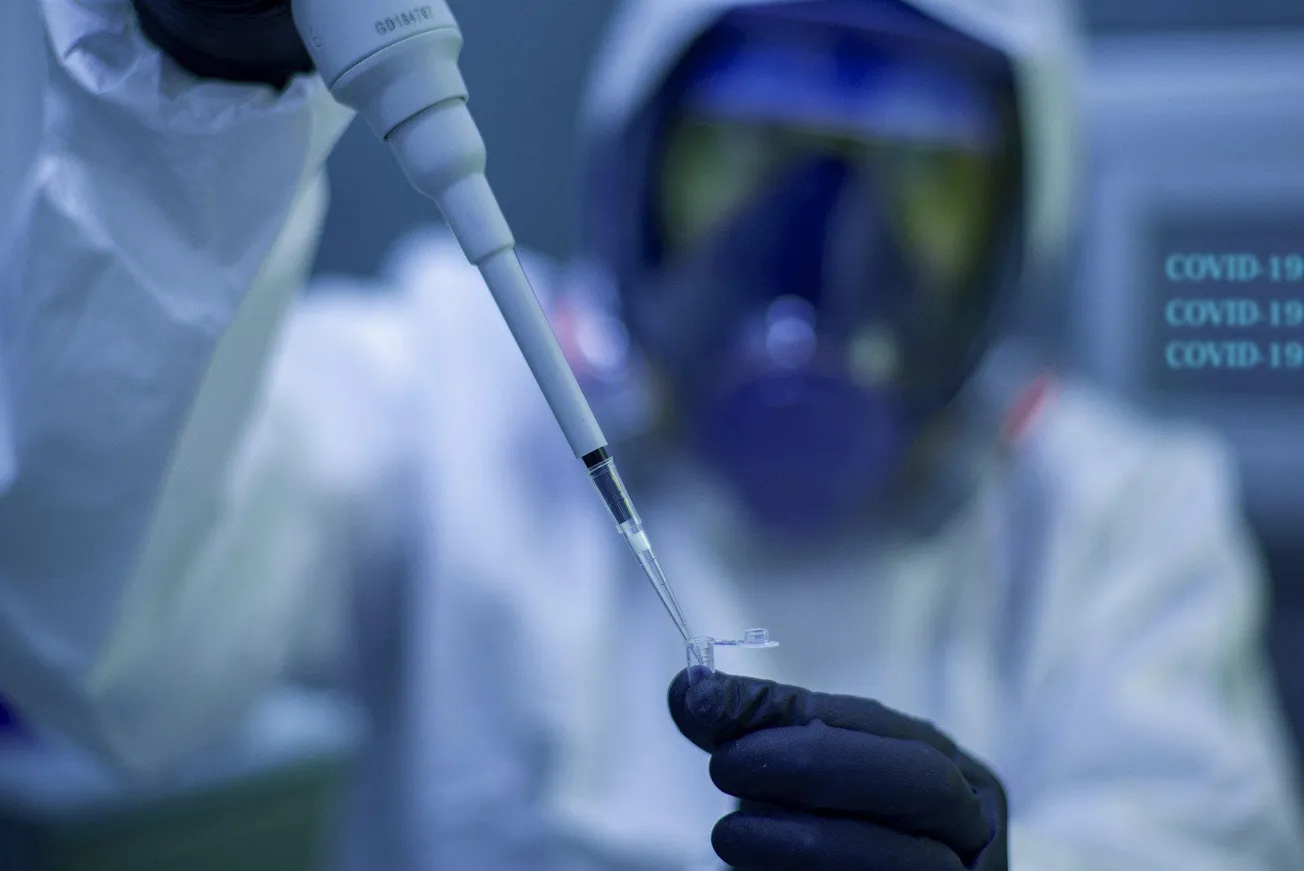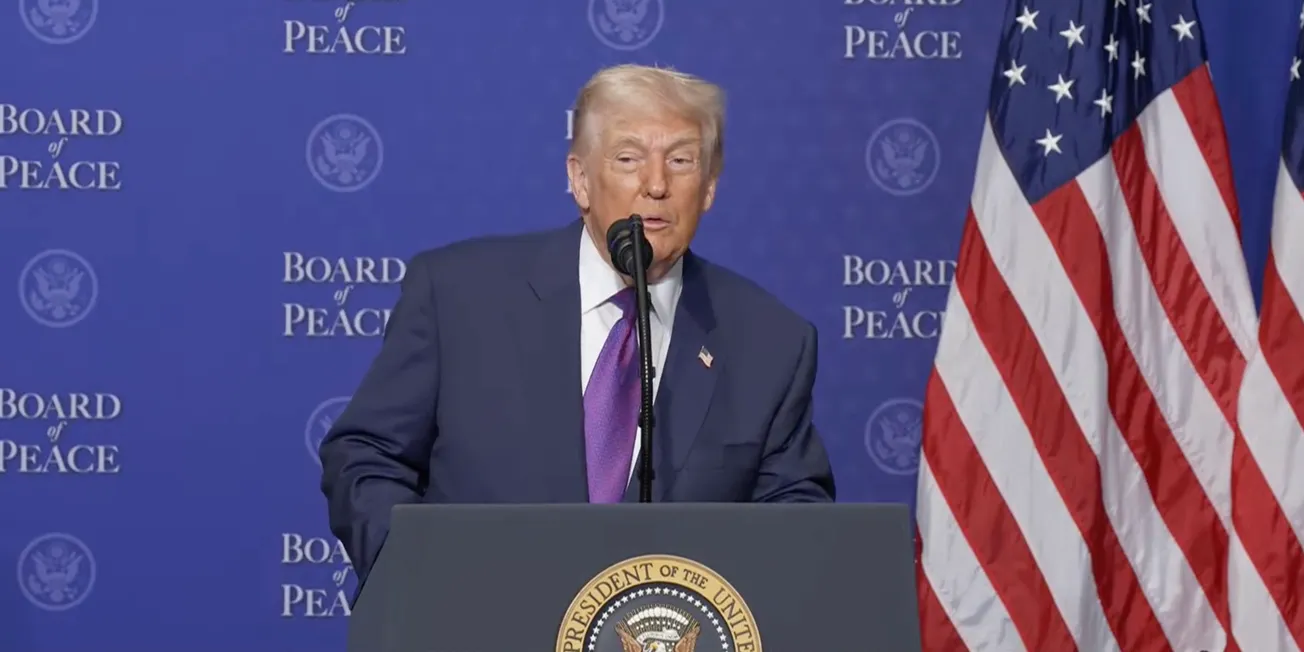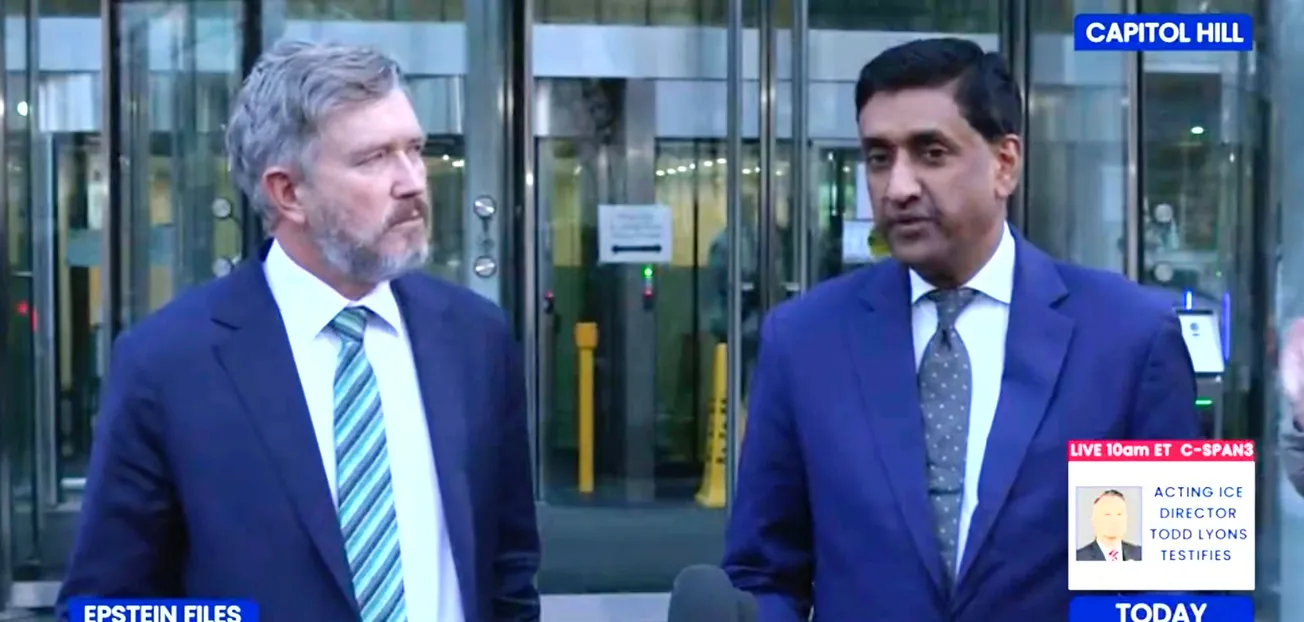On Dec. 2 , the UN’s Office of Humanitarian Affairs (OCHA) released its “Global Humanitarian Overview 2022,” which offers a dire picture of world famine and urgent financing needs for humanitarian aid—now far below the $7 billion just for the 45 million facing immediate starvation, requested by World Food Program director David Beasley. Coinciding with this, from London, a group of 120 NGOs and charities of varying sizes, issued a letter to world leaders from London, also urging that immediate action be taken to ameliorate the “famine risk … soaring globally,” and about which the UN warned over six months ago. The letter is posted on the website of the first listed international NGO, “Action against Hunger”: https://www.actionagainsthunger.org.uk/press-releases/famine-action-letter
The letter states: “It is over six months since the UN warned that famine risk is soaring globally. We—a group of 120 NGOs from around the world—are at a loss that since then the crisis has only worsened. There has been a 370% rise in people experiencing catastrophic levels of hunger since April and now a staggering 45 million people are at extreme risk—on the brink of famine. These numbers do not tell the whole story. Behind them are people suffering immensely from a crisis that we can prevent. What will it take for this situation to change?”
The letter cites warnings by UN Secretary General Antonio Guterres of huge funding deficits, rising rates of hunger and malnutrition, escalating conflict and humanitarian crises, underscoring that conflict impedes humanitarian access, using starvation as a means of warfare. The organizations explain: “The number of people at risk, and associated costs, are escalating, rising from $6.6 billion needed to support 41 million people at risk of famine a few months ago, to $7 billion needed to feed the 45 million people at risk across 43 countries, now,” and calls on world leaders to take responsibility for fully providing needed funding to end famine globally and address emergencies that fuel hunger, including the Covid pandemic, conflict and natural catastrophes.





